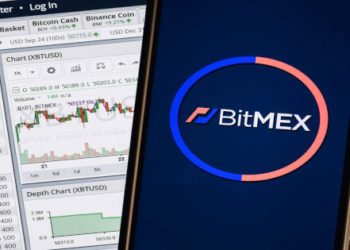Darius Baruo
Oct 31, 2024 16:11
Conflux (CFX) has rolled out its v2.4.1 testnet upgrade, introducing significant RPC, storage, and code improvements, alongside crucial bug fixes. Node operators are urged to update promptly.
Conflux (CFX), a prominent blockchain platform, has announced its latest testnet upgrade to version 2.4.1, aiming to enhance the network’s performance and stability. This upgrade focuses on a series of improvements and bug fixes that are crucial for developers and node operators, according to the Conflux Forum.
RPC Enhancements
The upgrade introduces significant enhancements to Remote Procedure Call (RPC) functionalities. It includes the implementation of debug_trace* RPCs similar to ‘geth’, the Ethereum client, and the addition of eth_getBlockReceipts. These improvements aim to optimize core space debugging and testing namespace RPC methods while refining error messages associated with eSpace main RPC methods. Notably, the upgrade extends support for cfx_sendTransaction and cfx_signTransaction to accommodate 2930 and 1559 type transactions.
Storage and Performance Improvements
In terms of storage, the upgrade optimizes state and account checkpoints and rewrites the state prefetcher. Additionally, a new espace fee history cache has been added for the latest 1024 blocks to enhance query performance. These changes are expected to streamline operations and improve the overall efficiency of the network.
Addressing Bugs and Code Refinement
The v2.4.1 upgrade also addresses several bugs, including the correction of an espace zero gas_price estimate error and a balance check issue related to gas fees. Furthermore, the upgrade involves code refinements to remove unnecessary unsafe codes and improve maintainability.
Guidance for Node Operators
Node operators are advised to suspend current operations and replace their existing executable files with the new Conflux v2.4.1-testnet node program to ensure seamless transition and stability. The update is available for download on the official Conflux GitHub page. Operators who do not upgrade risk experiencing instability, as this update is designed to enhance node reliability.
The Conflux team extends gratitude to the community and developers for their continuous support and contributions, emphasizing the collaborative effort towards a more robust blockchain ecosystem.
Image source: Shutterstock
Credit: Source link












































